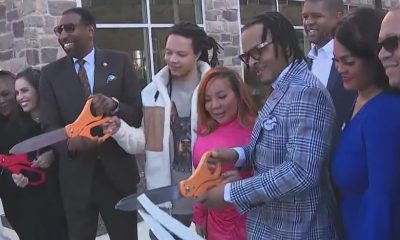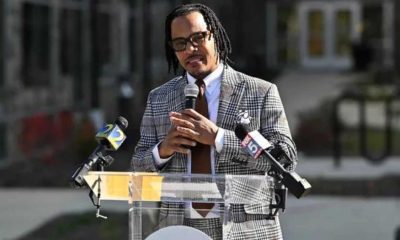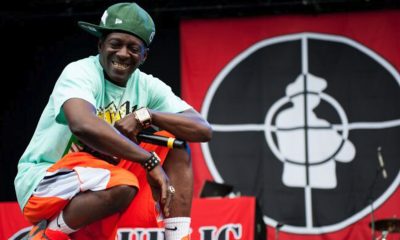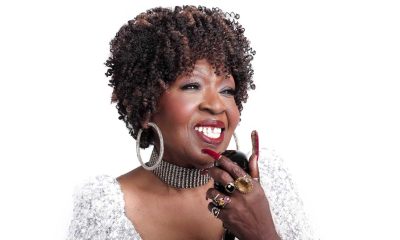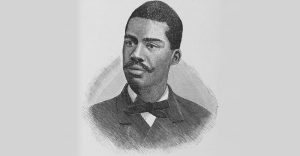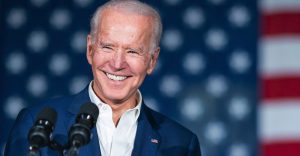Entertainment
Pharrell Tells Jury He Didn’t Copy Gaye Music for Hit Song

Pharrell Williams leaves Los Angeles Federal Court after testifying at trial in Los Angeles, Wednesday, March 4, 2015. (AP Photo/Nick Ut)
ANTHONY McCARTNEY, AP Entertainment Writer
LOS ANGELES (AP) — Pharrell Williams told a jury Wednesday that he was trying to evoke the feel of Marvin Gaye’s music but did not copy the late singer’s work when he crafted the 2013 hit “Blurred Lines.”
Williams said he grew up listening to Gaye’s music and was familiar with his song “Got to Give It Up,” but did not use it as a basis for “Blurred Lines,” which was a hit for him and collaborators Robin Thicke and T.I.
“He’s one of the ones we look up to,” Williams said. “This is the last place I want to be.”
Williams, Thicke and T.I. are being sued by Gaye’s children who claim “Blurred Lines” infringes their father’s copyrights for 1977’s “Got to Give It Up,” but Williams’ testimony is crucial because he wrote the song’s music and most of its lyrics. Although Thicke received a songwriting credit on the song, he acknowledged earlier in the trial that he didn’t do much work on the song.
T.I.’s rap track was added later, and Williams said he wasn’t involved in its inclusion in “Blurred Lines,” which was nominated for a Grammy Award. T.I., whose real name is Clifford Harris, is expected to be among the case’s final witnesses on Thursday.
Williams spent more than an hour describing his musical process and he how he crafted “Blurred Lines” in mid-2012 in between working on tracks with Miley Cyrus and rapper Earl Sweatshirt. Thicke arrived after the music and lyrics had been written, Williams recalled. He quickly brought the singer up to speed and they began recording what would become 2013’s biggest hit song.
“We were bopping and dancing,” Williams recalled. “It was a cool night.”
His answers were sometimes too lengthy for U.S. District Judge John A. Kronstadt, who cut off Williams several times mid-sentence and didn’t allow him to elaborate on some of his answers.
“Blurred Lines” has earned more than $16 million in profits and more than $5 million apiece for Thicke and Williams, according to testimony offered earlier in the trial.
Williams said after the song was released, he saw similarities between “Blurred Lines” and Gaye’s work but said that wasn’t a conscious part of his creative process.
Richard S. Busch, who represents the Gaye family, asked Williams whether he felt “Blurred Lines” captured the feel of the era in which Gaye recorded.
“Feel,” Williams responded. “Not infringed.”
The case opened last week and featured testimony from Thicke, who told jurors that he took a songwriting credit on “Blurred Lines” despite Pharrell doing most of the work.
Thicke brought a bit of showmanship to a trial that has focused on minute details of chords and sheet music. He performed elements of “Blurred Lines” and hits by U2 and The Beatles to show how different songs can include similar-sounding musical elements.
Williams did not perform any music during his more than hour of testimony, and complained that audio comparisons of “Blurred Lines” and “Got to Give It Up” had been created in a way that made them sound similar.
Despite the lack of vocals on the tracks, Thicke bobbed his head while his hit was played.
The trial has included detailed analysis of snippets of chords and notes from both songs, all created in the same key. Jurors have heard “Blurred Lines” and lawyers for Gaye’s family wanted the panel to hear “Got to Give It Up,” but Kronstadt has limited how the song can be presented in court. Rulings state Gaye’s song can only be played as it appears in a sheet music submitted to get the song copyright protection.
Williams’ career as an artist-producer has been booming in recent years, with the singer performing his hit “Happy” at the 2014 Oscars just weeks after winning three Grammy Awards for his work with Daft Punk.
He also serves as a judge on the NBC competition show “The Voice.”
___
Anthony McCartney can be reached at http://twitter.com/mccartneyAP
Copyright 2015 The Associated Press. All rights reserved. This material may not be published, broadcast, rewritten or redistributed.
Activism
Oakland Post: Week of May 8 – 14, 2024
The printed Weekly Edition of the Oakland Post: Week of May May 8 – 14, 2024
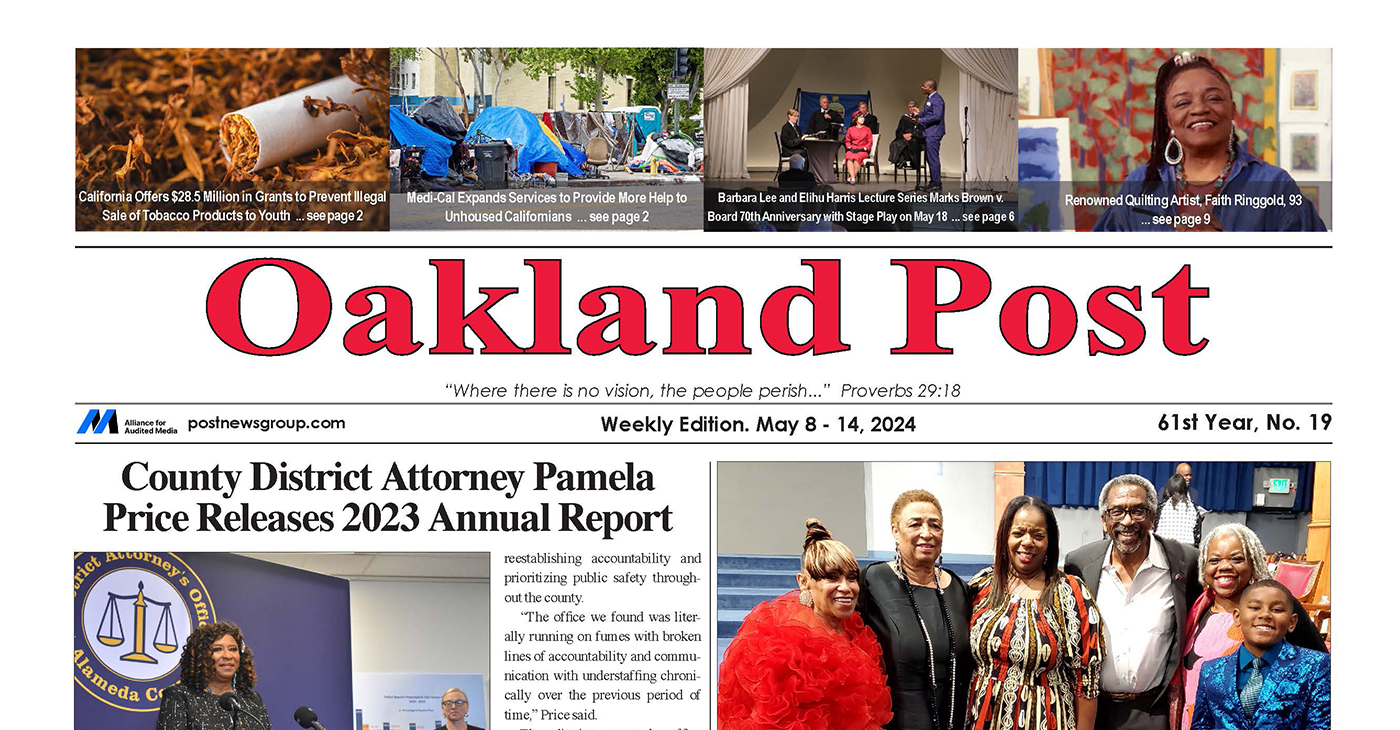
To enlarge your view of this issue, use the slider, magnifying glass icon or full page icon in the lower right corner of the browser window. ![]()
Community
Rajah Caruth: Young Trailblazer of NASCAR
Imagine you’re only 22 years old and already making a name for yourself in NASCAR, one of the most thrilling sports in the US. That is the life of Rajah Kirby Caruth, an American professional stock car racing driver.
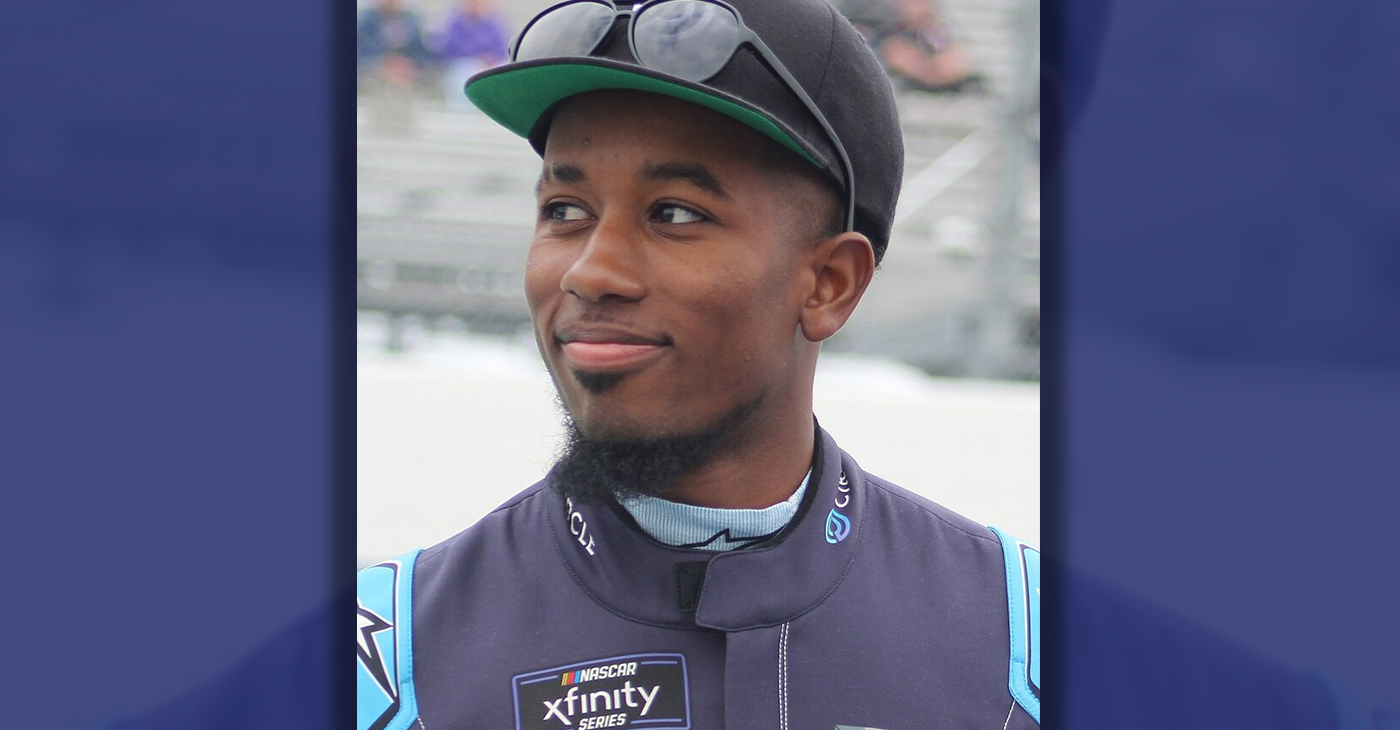
By Tamara Shiloh
Imagine you’re only 22 years old and already making a name for yourself in NASCAR, one of the most thrilling sports in the US. That is the life of Rajah Kirby Caruth, an American professional stock car racing driver.
Born June 11, 2002, in Washington, DC, he was drawn to the sport as a child after seeing the Disney Pixar film “Cars.”
Caruth dreamed of tooling around the track like the main character in “Cars,” Lightning McQueen. His enthusiasm grew when his parents surprised him with a trip to the NASCAR Cup Series race at Richmond Raceway when he was 12.
In 2018, while keeping busy with school, sports and a summer job, Caruth and his family held fundraisers so that he could buy an iRacing simulator. Then, at age 16, he traded a real driver’s license to race virtually in the eNASCAR Ignite Series, which led to him being recruited by the NASCAR Drive for Diversity Program.
His first big opportunity came in 2019 when he competed in a “Legends” car at Charlotte Motor Speedway in the Bojangles’ Southern Shootout and recorded two top-third in the semi-pro points.
People began to recognize Caruth’s talents. In 2020, he stepped up to the NASCAR Advance Auto Parts Weekly Series and became the first African American to win at Greenville-Pickens Speedway in a late model race. The next year, he won at Tri-County Motor Speedway and picked up his fourth overall late model victory.
Then, he became the first person of color to win at the South Carolina track.
In 2021, Caruth announced he would compete full-time in the ARCA Menards Series East for Rev Racing, where he finished third in the standings, including a series of top-five finishes. He made his NASCAR Xfinity Series debut on a bigger stage as well.
Then, in 2022, thing really took off. A new chapter found Caruth at NASCAR’s unofficial Triple A league with GMS Racing, where he drives full-time for the NASCAR Camping World Truck Series, with a sponsorship from The Wendell Scott Foundation. After a few setbacks, he broke into the top 10 several times, finishing at a career-high 6th at Darlington Raceway.
Fast-forward to 2024, and Caruth’s took the third major step in his career. He is now driving full-time in the NASCAR Craftsman Truck Series for Spire Motorsports and has been making the news for putting on stellar performances. Oh, and he won at Las Vegas: his first career victory.
From an impressionable young racing fan to a professional NASCAR driver, Caruth is charting a new path, creating history, and inspiring people to always remember that if you have the talent, the drive, and most of all, the heart, anything can be achieved.
Bay Area
Mayor Breed Proposes Waiving City Fees for Night Markets, Block Parties, Farmers’ Markets, Other Outdoor Community Events
Mayor London N. Breed introduced legislation on April 26 to encourage and expand outdoor community events. The first will waive City fees for certain events, making them less costly to produce. The second will simplify the health permitting for special event food vendors through the creation of an annual permit. Both pieces of legislation are part of the Mayor’s broader initiative to bring vibrancy and entertainment to San Francisco’s public right of ways and spaces.

Mayor’s Press Office
Mayor London N. Breed introduced legislation on April 26 to encourage and expand outdoor community events.
The first will waive City fees for certain events, making them less costly to produce. The second will simplify the health permitting for special event food vendors through the creation of an annual permit. Both pieces of legislation are part of the Mayor’s broader initiative to bring vibrancy and entertainment to San Francisco’s public right of ways and spaces.
Outdoor community events are integral to San Francisco’s vibrant culture and sense of community. These events include night markets, neighborhood block parties and farmers markets, and bolster the City’s economy by supporting local businesses and attracting tourists eager to experience San Francisco’s unique charm and food scene.
They offer residents, workers and visitors, opportunities to engage with local artists, musicians, and food vendors while enjoying the San Francisco’s stunning outdoor spaces and commercial corridors.
The legislation will allow for more and new community gatherings and for local food vendors to benefit from the City’s revitalization.
“San Francisco is alive when our streets are filled with festivals, markets, and community events,” said Breed. “As a city we can cut fees and streamline rules so our communities can bring joy and excitement into our streets and help revitalize San Francisco.”
Fee Waiver Legislation
The events that can take advantage of the new fee waivers are those that are free and open to the public, occupy three or fewer city blocks, take place between 8 a.m. and 10 p.m., and have the appropriate permitting from the ISCOTT and the Entertainment Commission.
The applicant must be a San Francisco based non-profit, small business, Community Benefit District, Business Improvement District, or a neighborhood or merchant association. Fees eligible for waiver include any application, permit, and inspection/staffing fees from San Francisco Municipal Transportation Agency, Department of Public Health, Fire Department, Entertainment Commission, and Police Department.
Currently, it can cost roughly anywhere between $500-$10,000 to obtain permits for organized events or fairs, depending on its size and scope. Organizations and businesses are limited to a maximum of 12 events in one calendar year for which they can receive these fee waivers.
Food Vendor Streamlining Legislation
The second piece of legislation introduced will help special event food vendors easily participate in multiple events throughout the year with a new, cost-effective annual food permit. Food vendors who participate in multiple events at multiple locations throughout the year will no longer need to obtain a separate permit for each event. Instead, special event food vendors will be able to apply and pay for a single annual permit all at once.
“Many successful food businesses either begin as pop-up vendors or participate in special events to grow their business,” says Katy Tang, Director of the Office of Small Business. “Giving them the option for an annual special event food permit saves them time and money.”
Currently, food vendors are required to get a Temporary Food Facility (TFF) permit from the Department of Public Health (DPH) in order to participate in a special event, among permits from other departments.
Currently, each special event requires a new permit from DPH ranging from $124-$244, depending on the type of food being prepared and sold. Last year, DPH issued over 1,500 individual TFF permits. With the new annual permit, food vendors selling at more than four to six events each year will benefit from hundreds of dollars in savings and time saved from fewer bureaucratic processes.
“This legislation is a step in the right direction to make it easier for food vendors like me to participate in citywide events,” said Dontaye Ball, owner of Gumbo Social. “It saves on time, money and makes it more effective. It also creates a level of equity.”
-

 City Government1 week ago
City Government1 week agoCourt Throws Out Law That Allowed Californians to Build Duplexes, Triplexes and RDUs on Their Properties
-

 Community4 weeks ago
Community4 weeks agoFinancial Assistance Bill for Descendants of Enslaved Persons to Help Them Purchase, Own, or Maintain a Home
-

 Activism3 weeks ago
Activism3 weeks agoOakland Post: Week of April 24 – 30, 2024
-

 Business4 weeks ago
Business4 weeks agoV.P. Kamala Harris: Americans With Criminal Records Will Soon Be Eligible for SBA Loans
-

 Community3 weeks ago
Community3 weeks agoOakland WNBA Player to be Inducted Into Hall of Fame
-

 Community4 weeks ago
Community4 weeks agoAG Bonta Says Oakland School Leaders Should Comply with State Laws to Avoid ‘Disparate Harm’ When Closing or Merging Schools
-

 Community3 weeks ago
Community3 weeks agoRichmond Nonprofit Helps Ex-Felons Get Back on Their Feet
-

 Community3 weeks ago
Community3 weeks agoRPAL to Rename Technology Center for Retired Police Captain Arthur Lee Johnson


